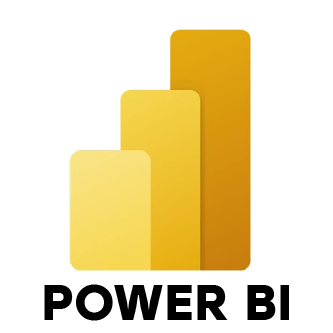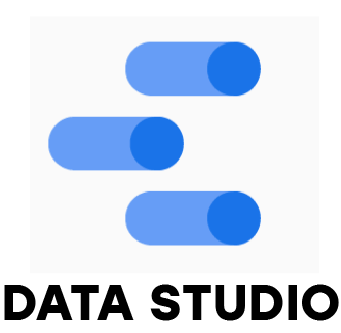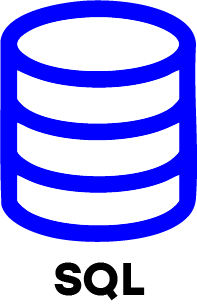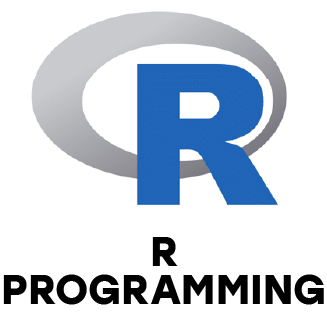- Data Analytics Course In Kalyan Nagar Covering Excel, SQL, Python, And Power BI.
- Pursue A Job-Focused Data Analytics Certification Program With Placement Assistance.
- Work On Real-Time Projects And Engage In Interactive Sessions To Build Practical Experience.
- Choose From Flexible Learning Options Including Weekday, Weekend, Or Fast-Track Batches.
- Receive Expert Guidance For Resume Preparation, Technical Interviews, And Career Growth.
- Join Our Premier Data Analytics Training Institute In Kalyan Nagar To Gain Relevant Expertise.
Join Our 100% Job Guaranteed
Data Analytics Course in Kalyan Nagar
WANT IT JOB
Become a Data Analyst in 3 Months
Freshers Salary
3 LPA
To8 LPA
Quality Training With Affordable Fees in Kalyan Nagar!

INR
36,000
INR 16,500

10598+
(Placed)
5768+
(Placed)
7546+
(Placed)
3798+
(Placed)




















